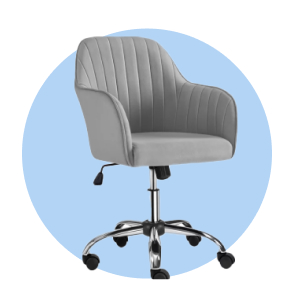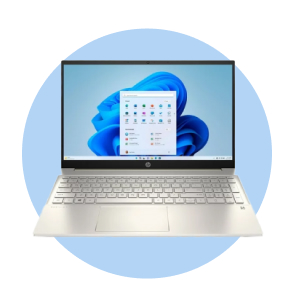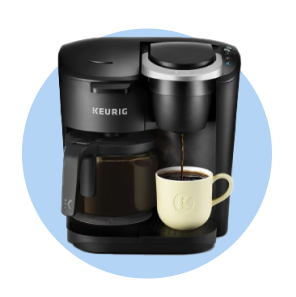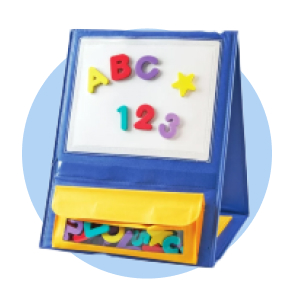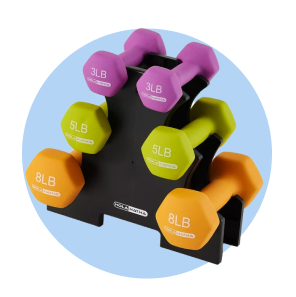
How to Select the Best Laptop for Your Small Business
The right small computer for your small business
Not so long ago, desktops were the computer system of choice for businesses and consumers alike. Today? Notebook computers are on track to outsell desktops by over 110 million new devices. It’s easy to see why: laptops and notebooks are portable, affordable, versatile and often boast performance that rivals larger systems.
For small business owners, laptops make it possible to manage your work anywhere—whether you’re in the office or meeting a client. The challenge is choosing features that are the best fit for your profession. To that end, let’s dig into the features and characteristics to consider when choosing the best laptop for small business owners.
Read more about how to equip your team in Connecting Teams: Using Tech to Unite Distributed Workers.
Choosing the best small business laptop

Balancing value & performance
Whether you’re buying the best laptop for home business or office use, it’s not just about portability. Performance is also important, particularly when it comes to processor speed. A laptop’s processor is the central component that determines what the device is capable of—from quickly booting up an operating system to the number of background tasks running at any given time.
As a general rule, less expensive laptops emphasize portability over performance while pricier computers do the reverse. That’s not to say anything is wrong with low-cost laptops—in fact, a basic modern processor can handle many business tasks, including email, web browsing and document processing.
Unfortunately, anyone working with media content—such as high-resolution video creation or audio processing—will need a more demanding processor. Employees who work in data analysis or programming may also need state-of-the-art processors that can process complex algorithms. Consider these needs so you can choose the best laptop for your small business, which is one that gets the job done no matter where you are.

Weighing your portability needs
Business laptops are ideal for any professional who needs to take their work with them, whether to client meetings or simply a quieter workstation. So what makes the best laptop for small business portable? There are several ways to measure portability and some will be more important to your business than others.
- Weight: Technically, anything you can pick up is portable, but true portability means anyone on the team can carry it comfortably. Today’s laptops weigh between 2 to 10 pounds. Lighter models are easy to carry in your hands or a laptop bag but heavier models tend to prioritize high-performance tasks as a trade-off.
- Size: If you’re organizing your workstation or shopping for a matching bag, the space a laptop occupies is just as important as weight. The total measurements on this front include width, depth and height, all of which can also influence how you’ll store the laptop when it’s put away.
- Travel weight: A laptop’s travel weight factors in everything you need to use it, including power cords and headphones. When buying a new laptop, check the travel weight for a practical measure of the complete product. If you’re buying used or have custom accessories, such as a Bluetooth keyboard, you may need to calculate this figure yourself.
- Monitor: Laptop displays are modest when compared to desktop monitors but the size does matter—especially in design fields where users need the best possible view of any detail. Ultralight laptops will be 11" to 14", while larger screens go up to 17" or even 18".

Making the right connections
Just because business laptops are portable doesn’t mean they’re self-contained devices. People often connect them to networks, peripherals and other devices to enhance their capabilities, from accessing wireless printers to plugging into docking stations. These functions are only possible with the right connectivity support, whether physical or wireless.
Wireless connectivity
- WiFi: Almost every modern laptop comes with a wireless transmitter for connecting to local networks. WiFi technology is standardized to maximize access, so you usually don’t need to worry about compatibility. For the few cases where you do, make sure you have an integrated or plug-in network card that supports the latest protocols.
- Bluetooth: These wireless radio transmitters interact smoothly with compatible devices over very short distances. That makes Bluetooth ideal for managing wireless keyboards, mice, speakers and other peripherals.
- Cellular: Some laptops include a built-in SIM card that grants access to cell phone networks. While cellular access is strictly optional, it does allow for convenient internet access outside of WiFi, including a fairly reliable video conferencing connection. Just remember that an active SIM card requires a prepaid plan or monthly service charges with a cell provider.
Physical ports
- USB: Sometimes going fully wireless isn’t practical, especially if you’re working from files on portable storage drives. In these cases, USB ports are one way to ensure you have access to the widest array of compatible devices. At a minimum, look for laptops with USB-A ports. If possible, an additional USB-C port will let you connect mobile devices to your laptop, such as a smartphone or tablet.
- HDMI: Is that 18" monitor not quite big enough? If you need to connect to an external display—up to and including a high-definition TV—an HDMI cable will let you do so automatically. If you need to connect to older displays such as VGA monitors, try to get a laptop or adapter with a compatible port.
- SD port: If you want to swap files physically or just expand your local storage, one easy solution is an SD card reader. These devices are integrated directly into many laptops alongside the standard ports and make it easy to swap hundreds of gigabytes to and from your computer at any time.
Ready for a small business laptop? Walmart can help.
Once you know which features you need most, it’s time to purchase your small business laptop. That’s where Walmart Business comes in. We offer a wide selection of laptop and desktop computers that are suitable for work or play. If you’re looking for savings, a Walmart Business+ membership unlocks free shipping access,1 free delivery from store on orders over $352 and 2% rewards back for purchases over $250.3 You’ll even have the chance to save over $500 each year!4 Learn more here.
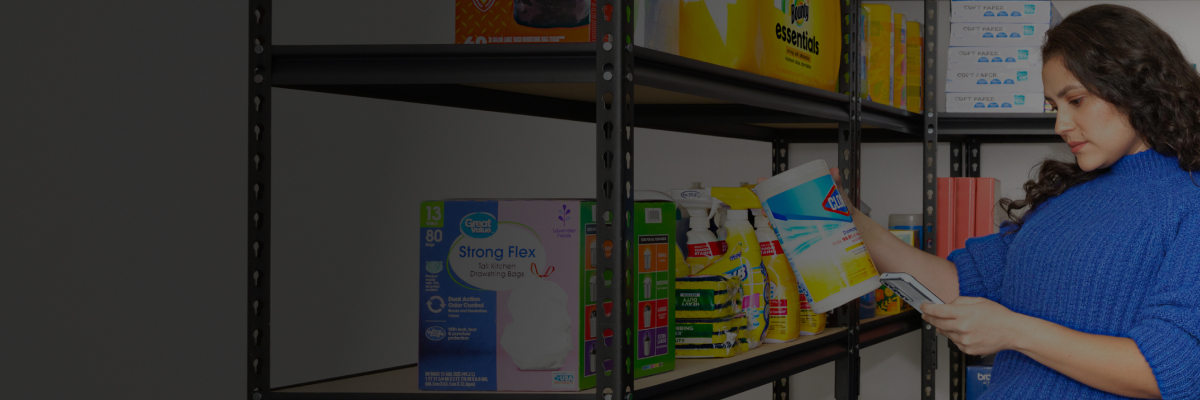

Limited-time offer
Unlock your special promo code
Stay informed on Walmart Business news & get $20 off a $100 purchase!1
1Minimum order of $100. Promo code can be used one time & may not be combined with other offers. Offer not transferable & void where prohibited by law. Customer responsible for all applicable taxes. Offer expires 12/31/2025 at 11:59pm PT. Further restrictions apply. See terms at checkout for details. Promo code offers available in limited quantities. While supplies last.
1 Excludes most Marketplace items, freight and certain location surcharges.
2 Restrictions apply.
3 Rewards can only be used toward future purchases on Walmart Business. Additional terms apply.
4 Savings based on 1 free $35+ delivery order vs. $9.95 fee and 1 free shipping order under $35 vs. $6.99 fee biweekly, plus 2% Walmart Business Rewards on monthly order >$250 (average value of $400).
Exciting news awaits
Hear firsthand about new products, features & promotions.
By clicking submit, you agree to receive emails about Walmart Business and acknowledge you have read and agreed to our Terms of use and Privacy Policy.



